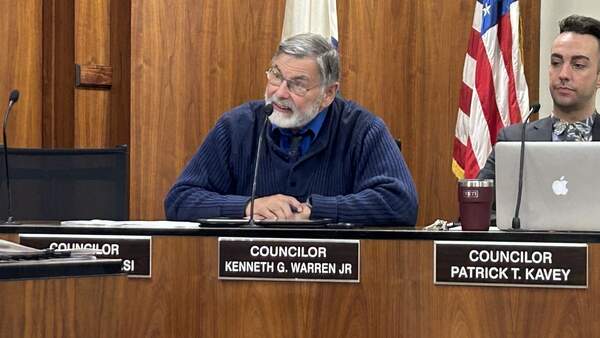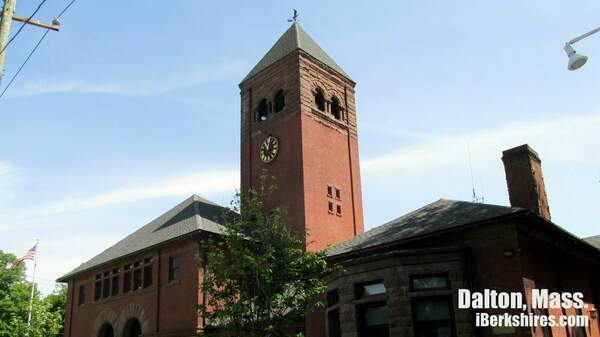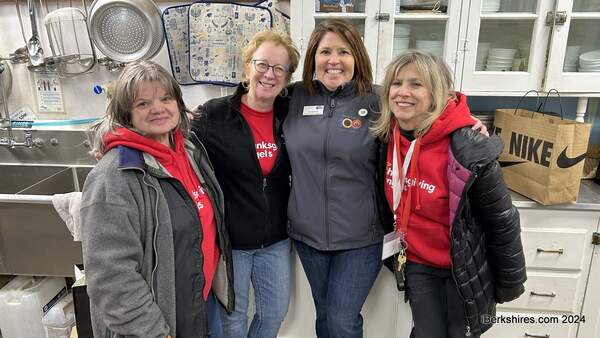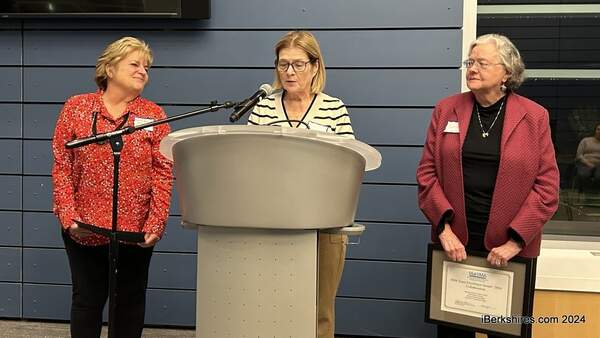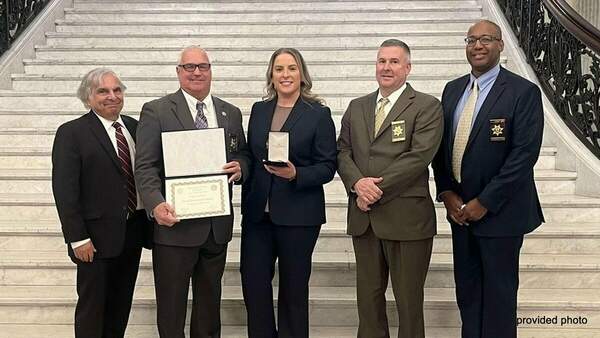BOSTON — Governor Maura T. Healey nominated Leo Fama, Francis V. Kenneally, Courtney C. Linnehan and Marjorie P. Tynes to the Massachusetts District Court.
The nominees will now be considered by the Governor's Council for confirmation.
"I'm proud to nominate these four hard-working and passionate attorneys to the Court," said Governor Maura Healey. "They have decades of experience practicing law and serving the people of Massachusetts. We thank the Governor's Council for their consideration."
The District Court Department hears a range of criminal, civil, housing, juvenile, mental health, and other types of cases.
District Court criminal jurisdiction extends to all felonies punishable by a sentence up to five years, and many other specific felonies with greater potential penalties, all misdemeanors, and all violations of city and town ordinances and by-laws. In civil matters, the District Court hears cases in which the damages are not likely to be more than $50,000, and small claims cases up to $7,000. The District Court is located in 62 courts across the state.
About Leo Fama
Leo Fama has been in the practice of law for 33 years and has been the sole practitioner at the Law Office of Leo S. Fama II for
more than 25 years, where he specializes in litigation and arbitration of criminal and civil law matters. Since 1997, Fama has maintained a solo practice, handling significant matters in federal and state courts in a wide variety of jurisdictions. Fama has been actively involved in his community, particularly through basketball, coaching local kids for many years. He holds a B.S. in Business Administration from Suffolk University and a J.D from New England School of Law and he lives in Lynnfield with his wife and four children.
About Francis V. Kenneally
Francis V. Kenneally has served as Clerk of the Supreme Judicial Court of Massachusetts for the past decade, where he manages the full court caseload, conducts oral arguments and resolves procedural matters for the Justices and the parties. He previously served as First Assistant Clerk for the Supreme Judicial Court for Suffolk County, a solo practitioner at Kenneally Law Office, Of Counsel at the civil litigation firm Morisi & Oatway, Associate at Church & Houff, P.A. and Allen, Johnson, Alexander & Karp, P.A., and a law clerk to the Maryland Circuit Court Judge Thomas H. Ward. He has a B.A. from Fairfield University and a J.S. from Catholic University Law School and he lives in Weymouth.
About Courtney C. Linnehan
Courtney C. Linnehan has served as Assistant District Attorney in the Middlesex District Attorney's Office for eight years, where she prosecutes major criminal cases. She was previously a solo practitioner at the Law Offices of Courtney C. Linnehan, where she represented clients in all stages of criminal cases in the District Court, Superior Court and Boston Municipal Court. She has also served as Assistant District Attorney of the Sexual Assault/Domestic Violence Unit and Appeals Unit in the Norfolk County District Attorney's Office, an Assistant District Attorney in the Boston Municipal Court, and the Child Abuse Unit in the Suffolk County District Attorney's Office, an Associate at Lee & Levine, LLC, and a law clerk to the Justices of the Superior Court of Massachusetts. She has a B.A. from Brown University and a J.D. from Suffolk University Law School and lives in Milton.
About Marjorie P. Tynes
Marjorie P. Tynes is currently the Deputy Executive Director of the Office of Grants and Research for the Executive Office of Public Safety and Security, where she oversees the operations of the agency responsible for managing more than $150 million in state and federal grant funds. She was previously a solo practitioner of the Law Office of Marjorie P. Tynes, LLC for ten years, during which she practiced general criminal and civil law, with concentrations in criminal defense and domestic relations, and also served as a Bar Advocate for Norfolk County. She previously worked at the Suffolk County District Attorney's Office for 14 years, holding the positions of Assistant District Attorney in the Major Felony Bureau, the Gun Prosecution Task Force, and the West Roxbury Division of the Boston Municipal Court, as well as a victim witness advocate. She has a B.A. from Brandeis University and a J.D. from Suffolk University Law School and lives in Holbrook.
| If you would like to contribute information on this article, contact us at info@iberkshires.com. |

